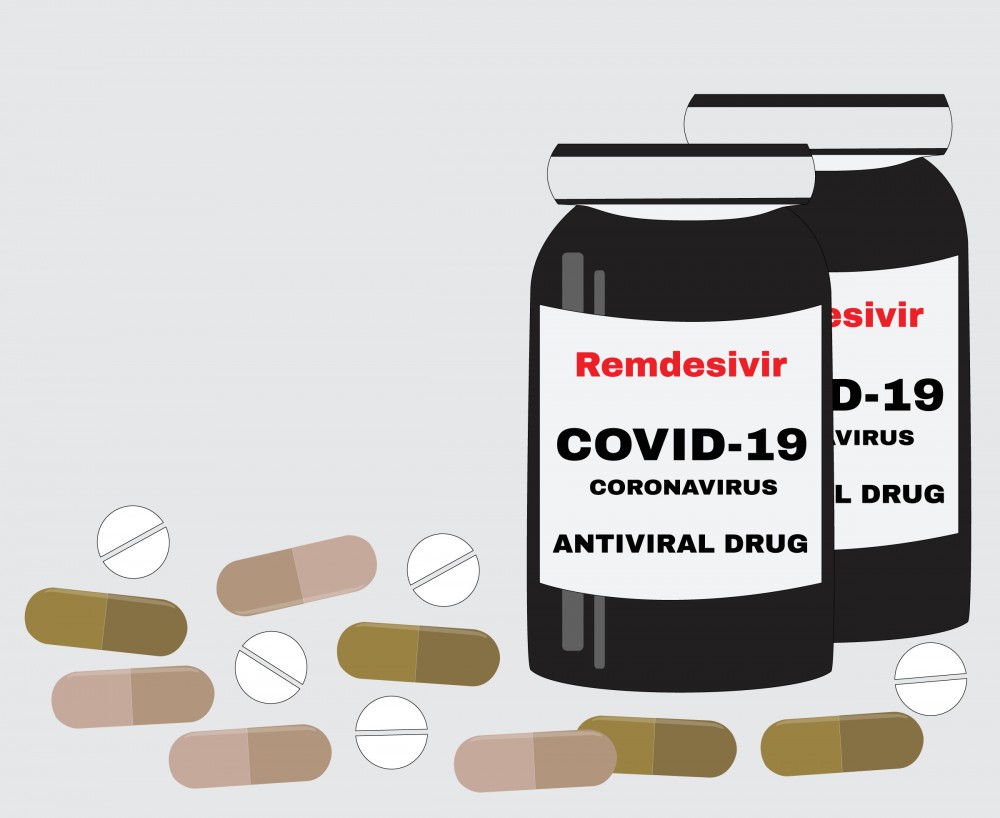As a new report by STAT News showed Gilead’s experimental drug Remdesivir as a promising update on the drug’s potential to cure coronavirus, analysts told CNBC that it is largely anecdotal and should be interpreted with caution.
Remdesivir was one of the first drugs identified as a contender to cure Covid-19 as it showed encouraging results in the past while treating SARS and MERS, both caused by coronaviruses.
According to the report from a phase three trial currently conducted a University of Chicago hospital, patients with severe Covid-19 illness who were given the drug saw rapid recoveries in fever and respiratory symptoms, with almost all patients discharged in less than one week.
Gilead said “the totality of the data need to be analysed in order to draw any conclusions from the trial,” in a statement to Reuters.
Meanwhile, a statement from the University of Chicago Medicine noted that “drawing any conclusions at this point is premature and scientifically unsound.”
Jefferies’ equity analyst Michael J. Yee said in a research note that this report provides an “incremental positive” but he assumes this significant short-term move in Gilead’s share price will probably pull back a bit.
Yee said that this is not the actual phase three data and that this is overdone in the near term, CNBC reported.
JPMorgan biotechnology equity analysts stated in a published research note on Thursday: “this clinical trial experience appears to represent another encouraging, albeit largely anecdotal, data point for this high-profile drug candidate.”
Also, Barclays healthcare team described the update as “encouraging” but note that questions persist.
The Chicago hospital report comes amid mounting anecdotal evidence supporting the potential effectiveness of Remdesivir in the treatment of the coronavirus pandemic.
Last week, the New England Journal of Medicine released an analysis saying that two thirds of a small group of severely ill patients saw their condition improve after taking Remdesivir.
These patients were given Remdesivir as part of a compassionate use programme which allows doctors to provide patients with unauthorised treatments when no other cure is available, the analysis noted.
CNBC’s Meg Tirrell has highlighted that there was no control group in the University of Chicago study.
This is not controlled clinical trial data – it is a glimpse into what one of the sites that is running the trial is seeing, Tirrell said.
The information reported by STAT News following an internal discussion among faculty members at a University of Chicago hospital captured on video, it was not official data released by Gilead or any other trial leader.
The Barclays healthcare equity research team said: “While these data are encouraging, they are uncontrolled and from a single centre.”
Echoing this point, Jefferies said: “Similar to the NEJM publication last week, yesterday’s reports are based on one site and there is no placebo.”
There is also debate among analysts around the severity of the patients included in the study. This data is part of an ongoing phase three trial of patients with severe coronavirus symptoms. Yet, those patients were not intubated to start the study.
Barclays said there will be debate around the patient population and how they compare to past cohorts.
“There’s still a great deal we don’t know, and thus we hesitate to put too much into the results generated at a single center without a control group,” JPMorgan noted.
“Fortunately, we don’t have to wait long for a Phase three readout in severe patients.”
Meanwhile, Gilead is expecting results from its trials with patients with severe coronavirus illness later this month. It also expects data from its trials on patients with moderate symptoms by May.
Besides the two trials being run by Gilead, there are several others underway concurrently to evaluate Remdesivir, including a phase two trial conducted by the National Institute of Health which is an adaptive, randomised, double-blind, placebo-controlled trial.
Barclays said data from Gilead’s clinical trials on severe cases to be released by the end of this month could support approval or expanded use authorisation.
